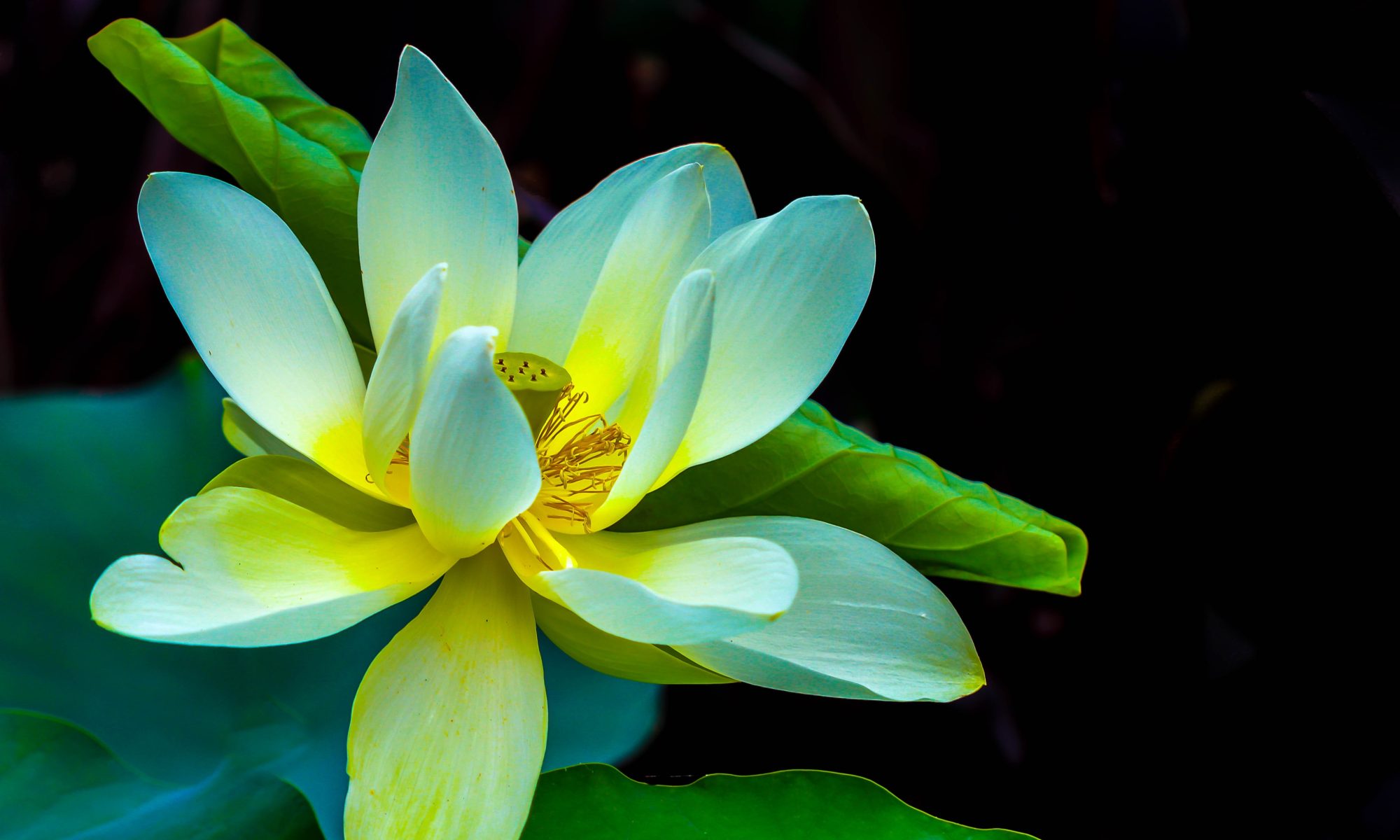Sent: 05 April 2019 15:36
Brother Teoh’s April 2 2019 Tuesday Class Short Notes
Book Reference: The Buddha and His Teachings – HOW REBIRTH TAKES PLACE Chapter 28, Page 446 – 451)
1. At the point of death, the good and bad deeds or thoughts that occurred during a person’s life time or immediately before his death (habitual actions) determines where he will be reborn. This is usually the case unless he has committed one of the 5 heavy kamma or the 5 heinous actions (Garuka Kamma) which are killing one’s parents, hurting a Buddha, causing schism in the sangha community. The very strong good action is being in Jhana. These 5 heavy kamma and such strong mind states override all other actions to determine rebirth destination.
2. Signs/vision of habitual tools used like knife of surgeons or butchers or food for dana may appear to the dying person. These are Kamma Nimitta. He may also see symbols of destiny (Gati Nimitta) like fire, forest, mountains, mother’s womb or celestial mansions, etc.
3. Towards the end, his Bhavanga & mind door consciousness are interrupted & pass away, leaving 5 very weak thought moments to condition & regulate rebirth. After this last thought or death consciousness (Cuti Citta) death occurs. The Wind element of the Body dissipates first, then heat, water and lastly earth. The body finally turns into Dust. The remnant of consciousness then leaves the physical body immediately after the craving force that held it to the bodydissipates.
4. The gender of the new being is determined by kamma.
5. Bro Teoh mused that women with higher average mortality age tend to live longer than men and asked for the possible reasons. The responses are women tend to have higher pain threshold and they experience less stress as they are usually housewife or simple career ladies. They also like to express their displeasure more easily (to reduce their discomfort) because they are more emotional and they also takes less risks thus have fewer worries. They have more love because they can sacrifice for their loved ones.
(Above short notes draft prepared by Sister Yoon Chun)
